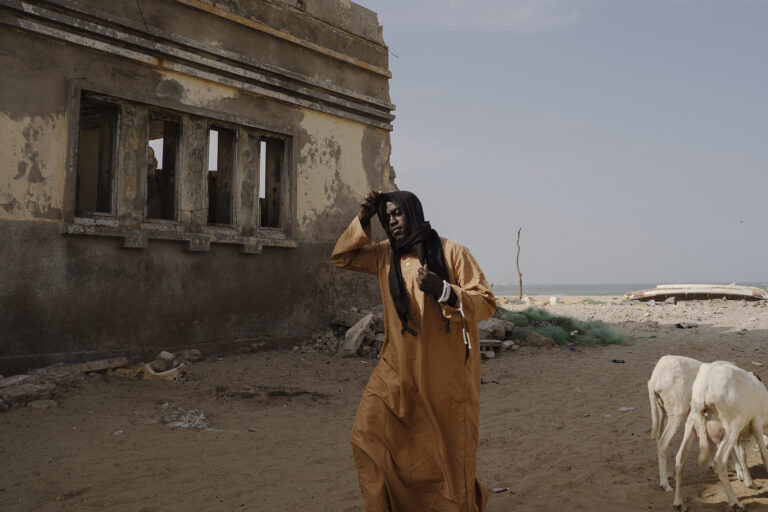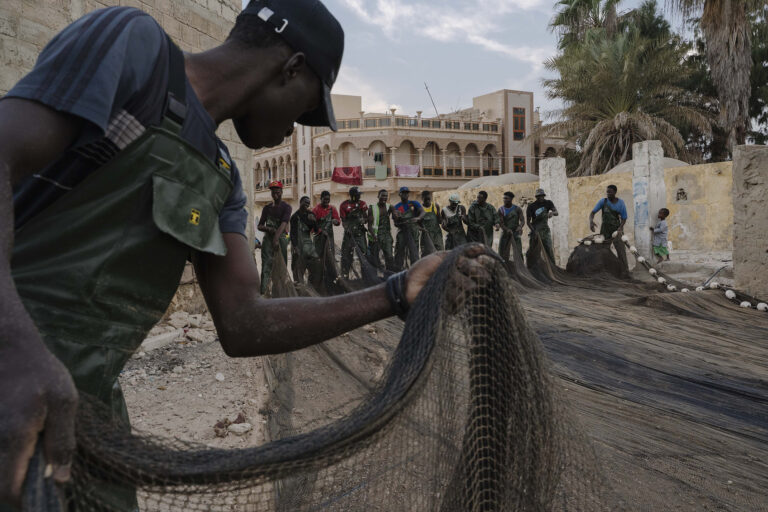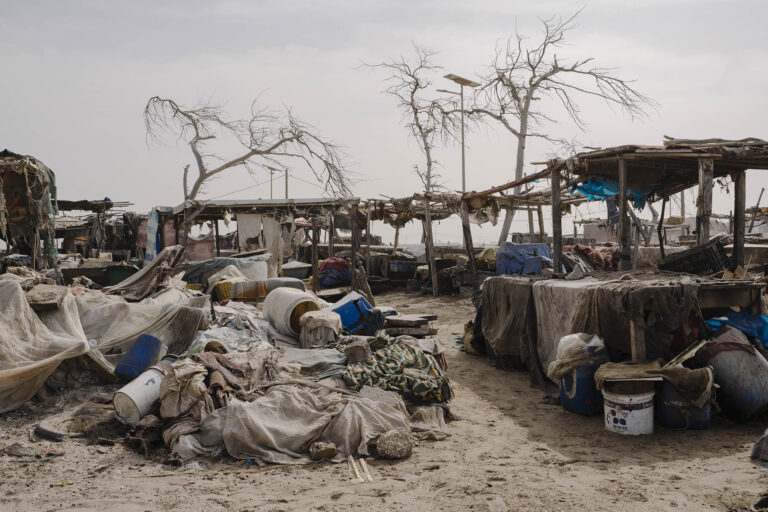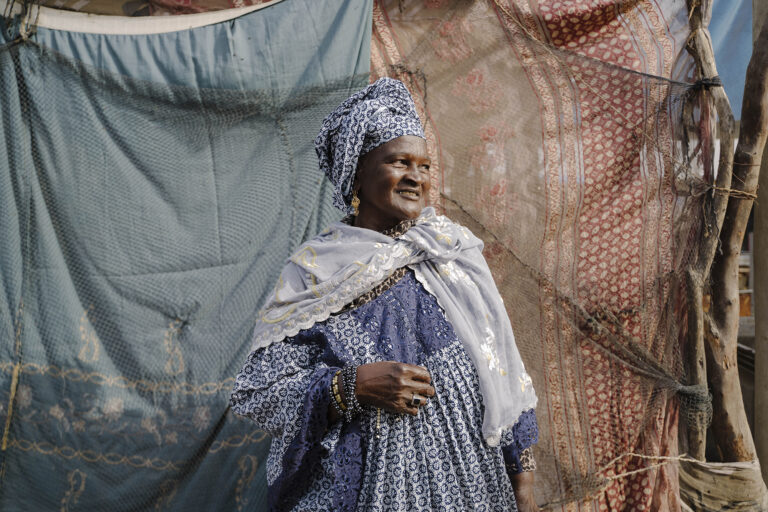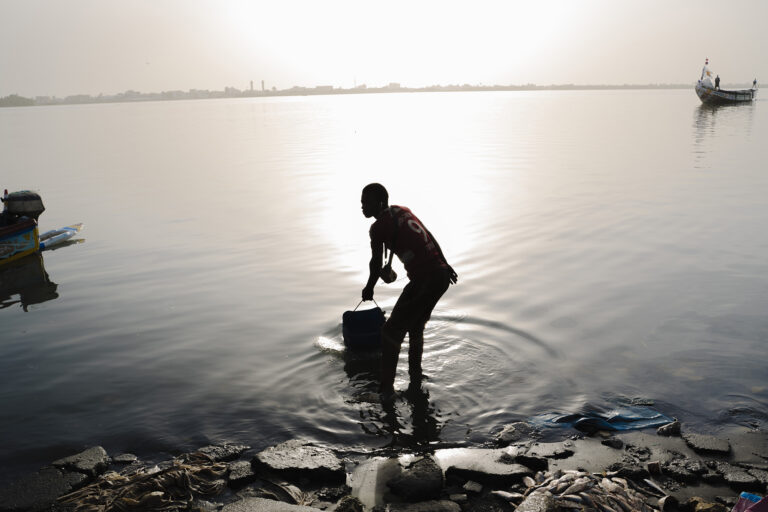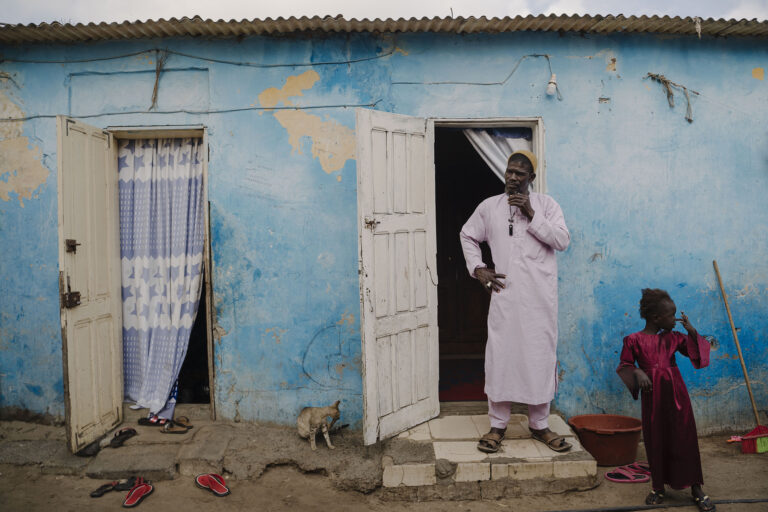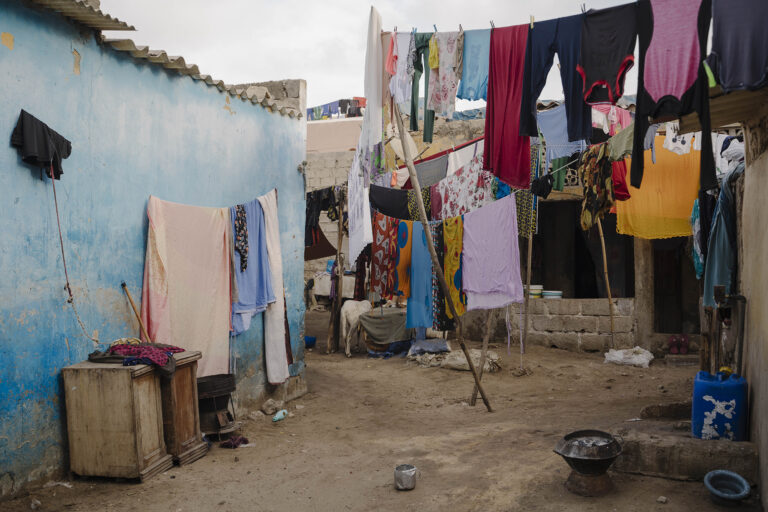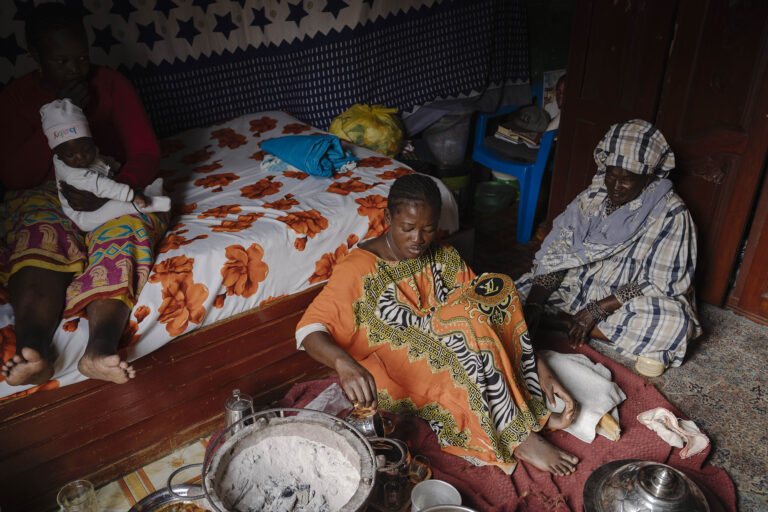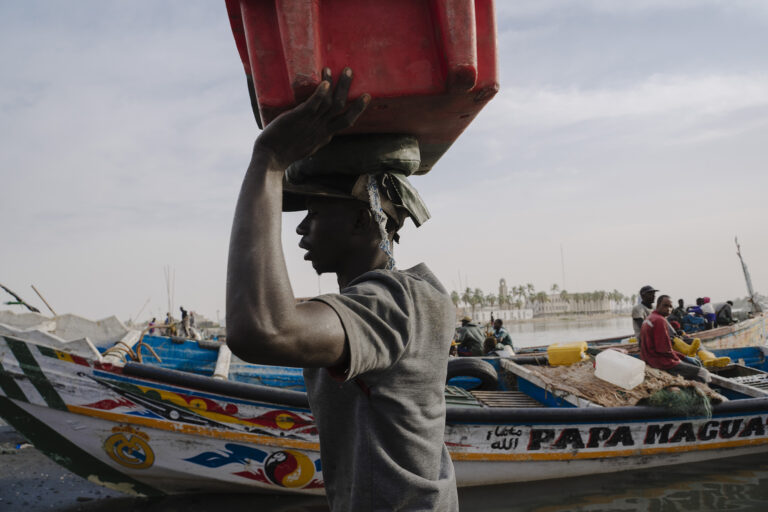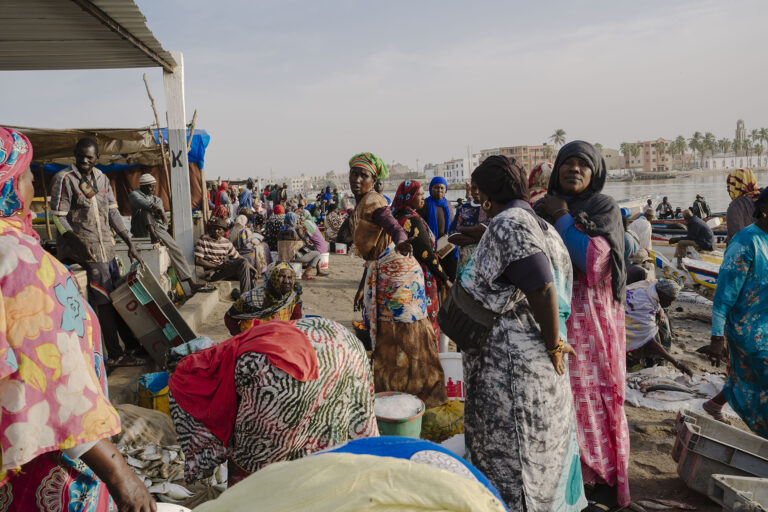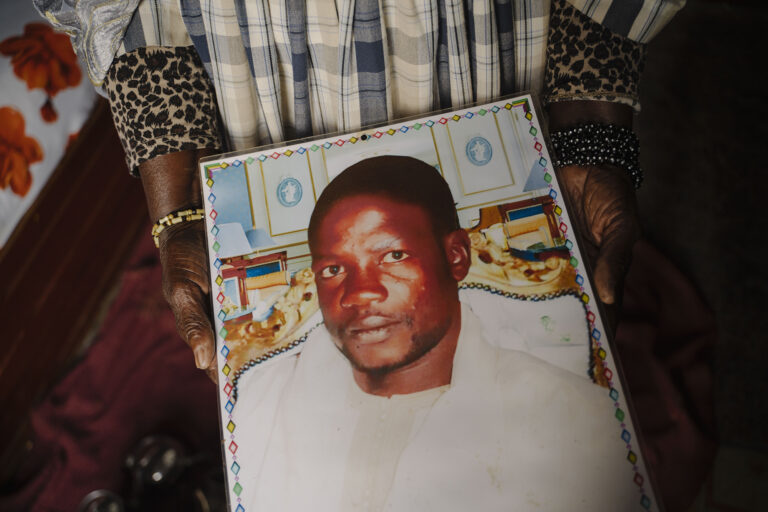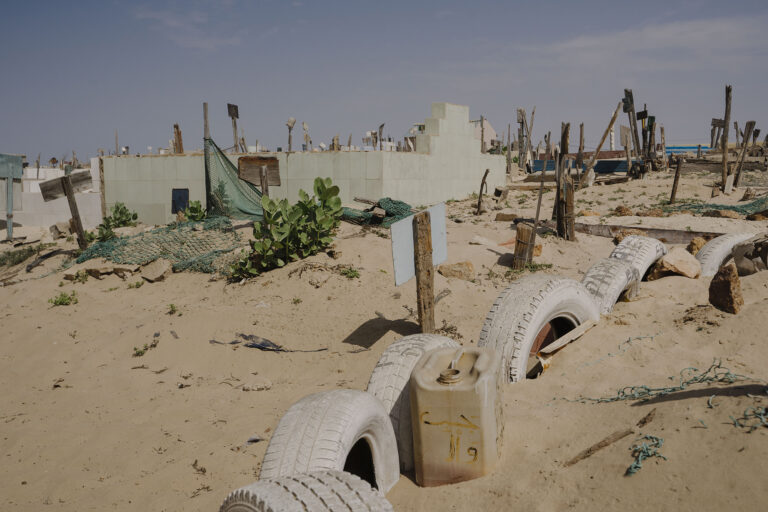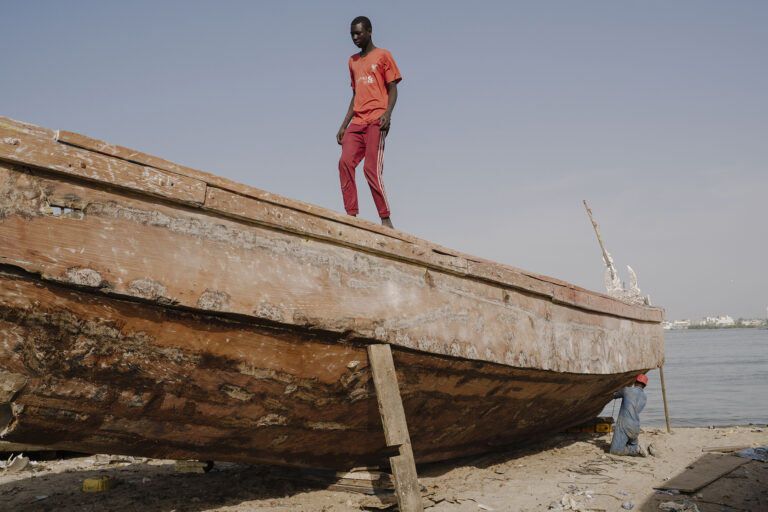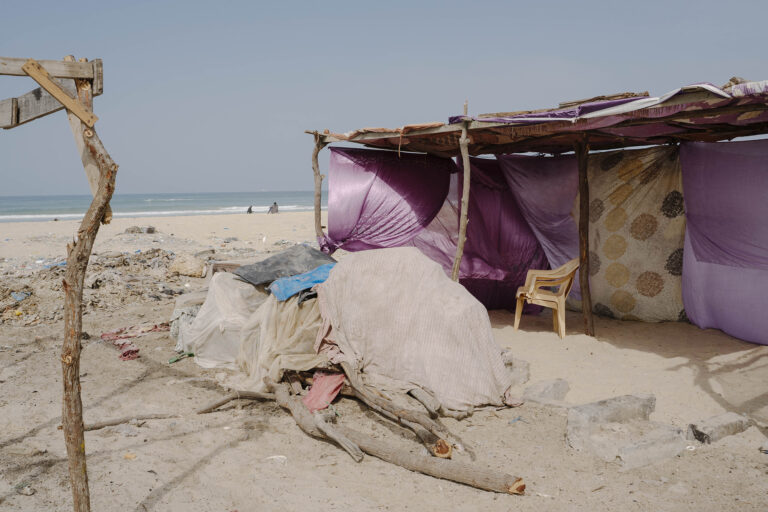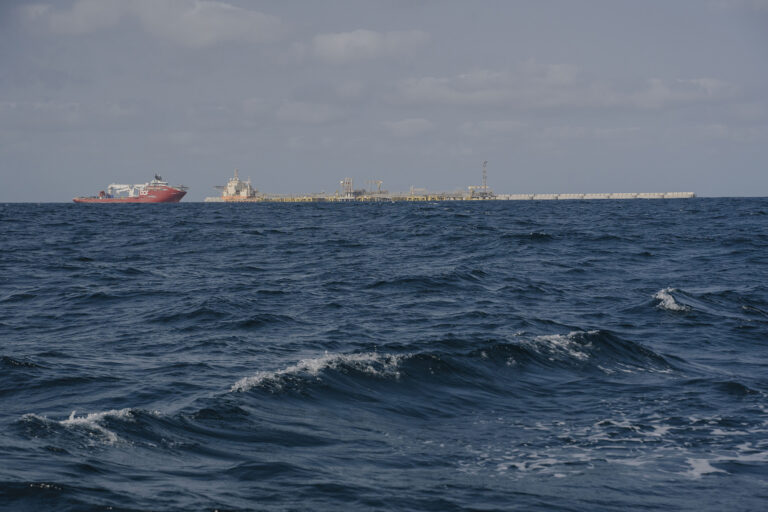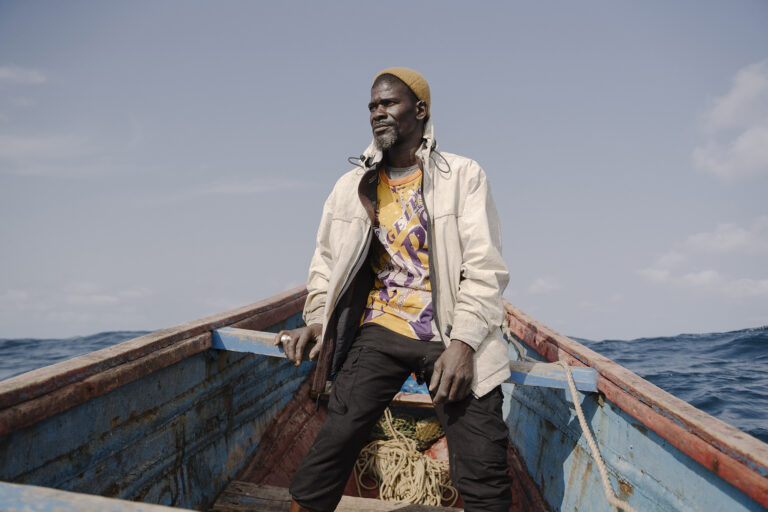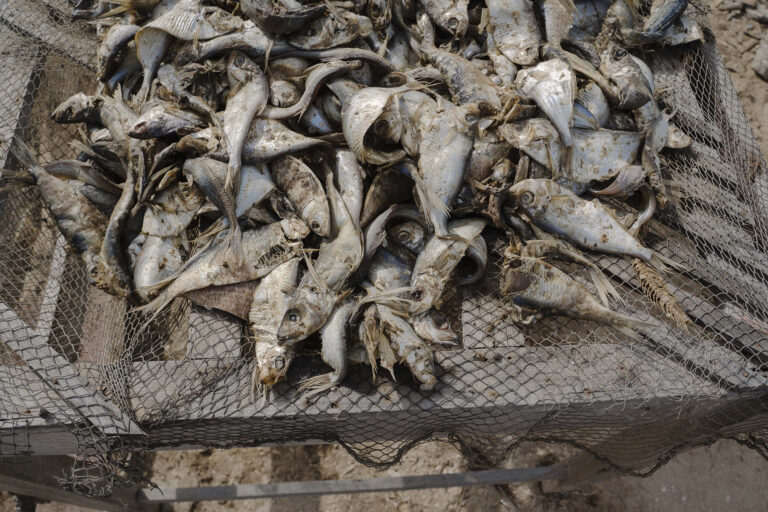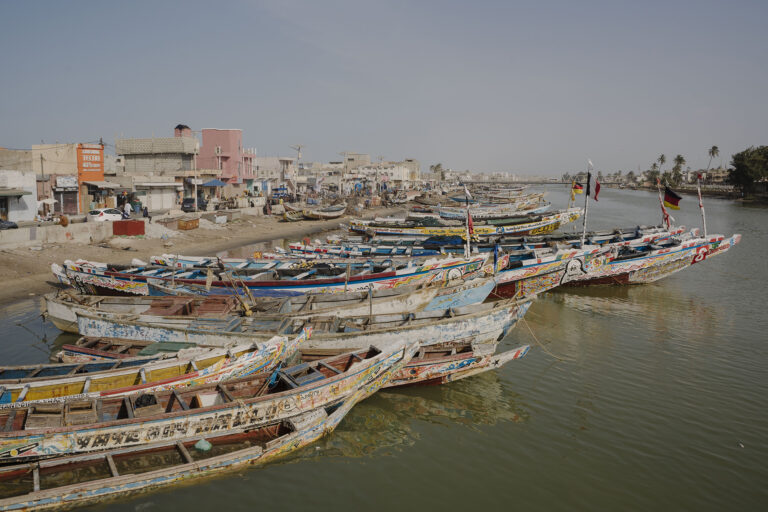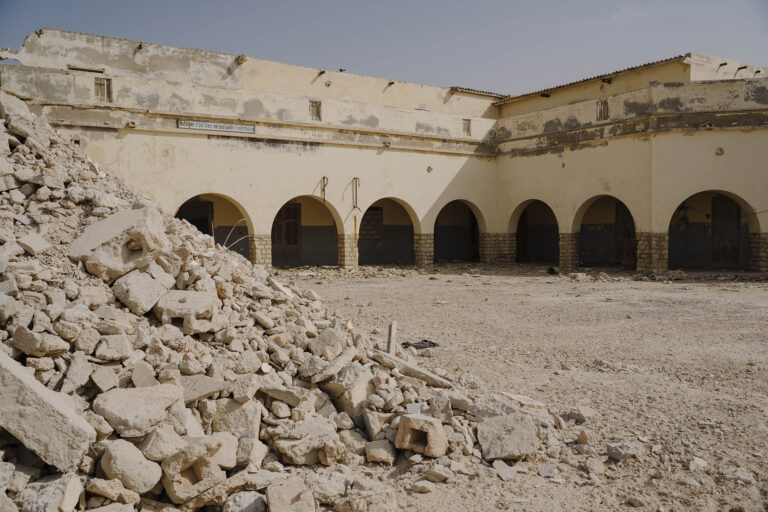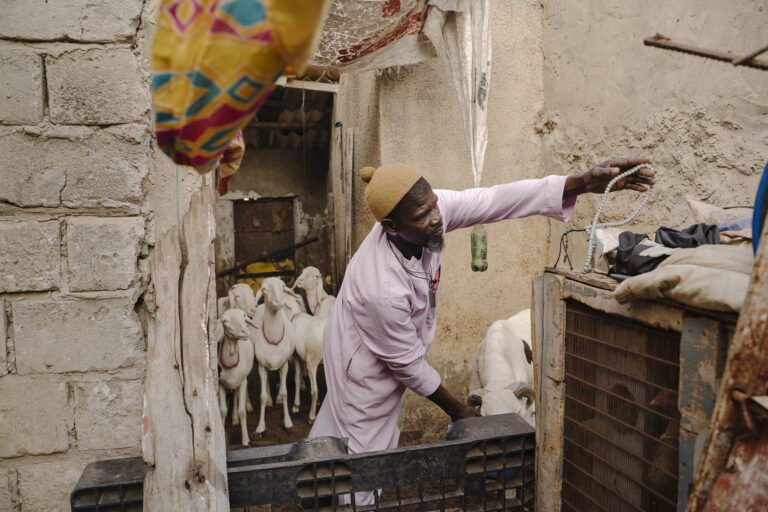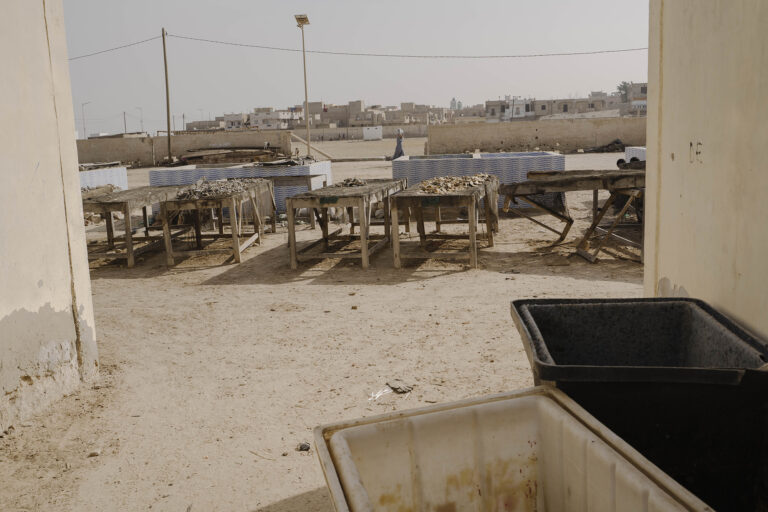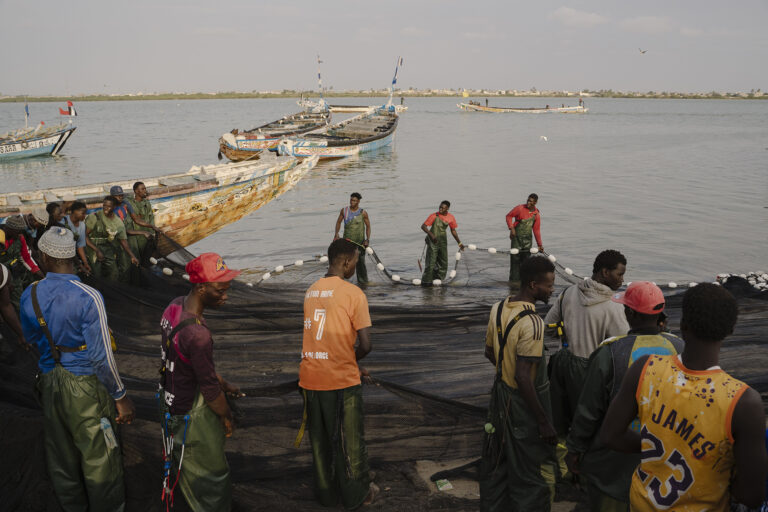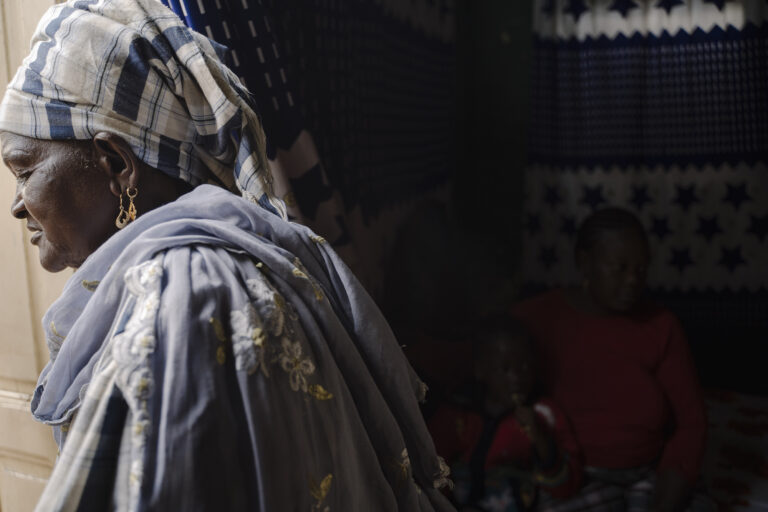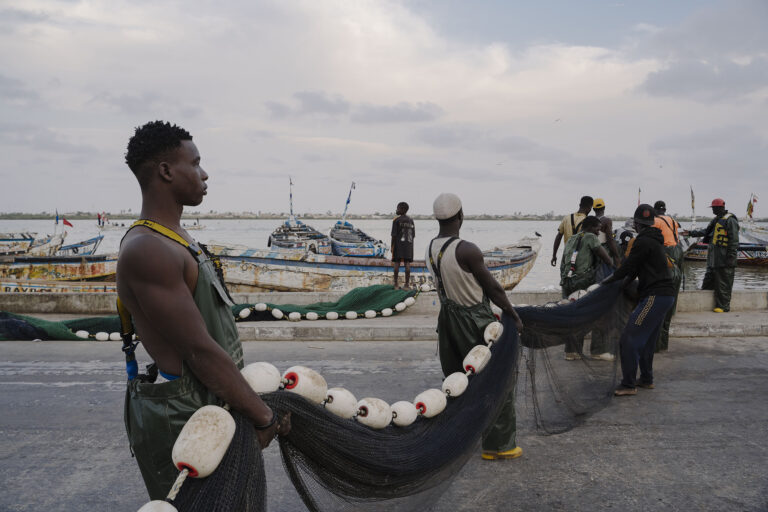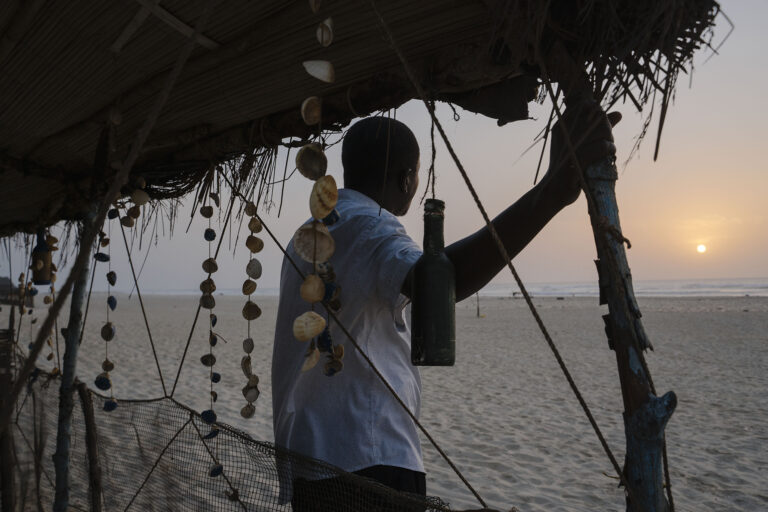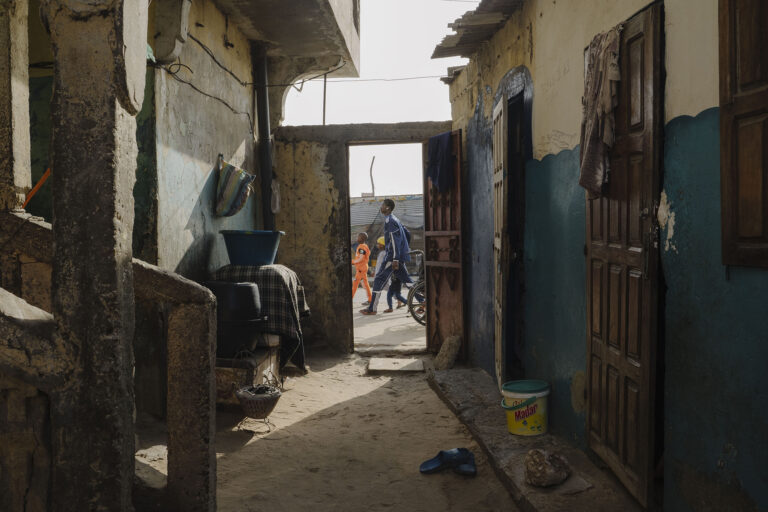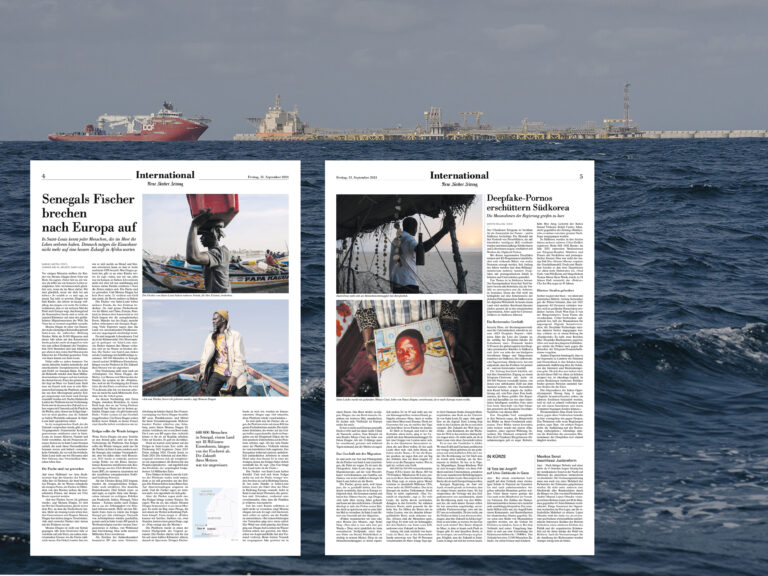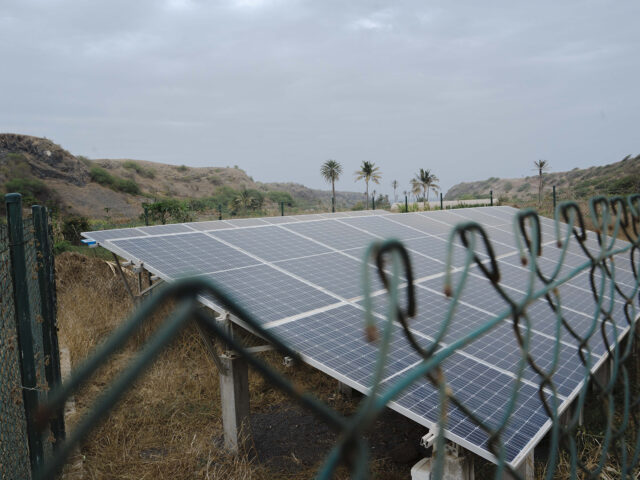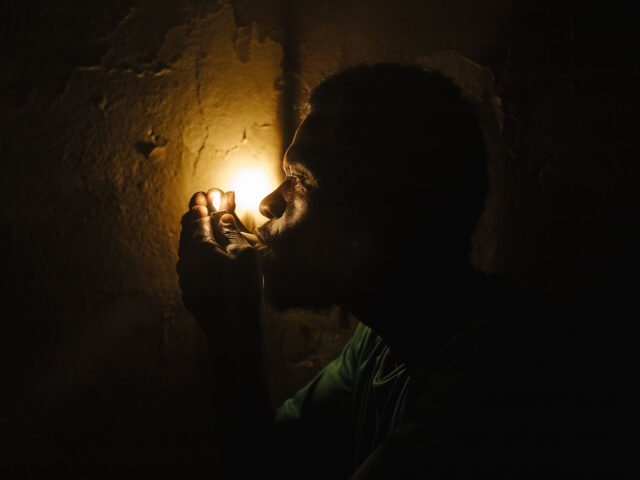Natural gas was supposed to make the fishermen of Saint-Louis rich. But now thousands of West Africans are boarding boats heading for Europe. What’s going on?
For NZZ, January 2024, Senegal –
« A few months ago, Moussa Diagne’s children confronted their father. They said: « Father, listen, we know you want to give us a better life. But we cannot be happy if you die at sea. We are happy if we have you with us. » That is how he tells it, and he says that he cried that day. Diagne has five children, the oldest is almost of age, the youngest only six. They wanted to prevent him from attempting the journey to Europe again. From Senegal to the Canary Islands it is more than a thousand kilometers on one of the most dangerous migration routes in the world. Her father tried four times in vain. Moussa Diagne is one of thousands in the former colonial capital of Saint-Louis who are heading north. More than 26,000 migrants have already landed on the Canary Islands this year, more than twice as many as at the same time last year. Almost 5,000 people are estimated to have died during the crossing in the first five months of the year alone. Many of them came from Saint-Louis.
But things turned out differently. A decade ago, Australian and American energy companies found natural gas and oil off Senegal’s coast. It was said that the raw materials would bring billions in revenue to the state and lift the country out of poverty. One of the largest fields is in the sea off Saint-Louis. If you stand on the beach, you can see the platform ten kilometers away where the natural gas extracted from the seabed is to be pumped and shipped, mostly to Europe. At night, the lights on the platform flash as if in promise.
But instead of seeing their future out there, thousands are fleeing into the waves beneath which the natural gas lies – because they do not believe that the future will arrive in West Africa any time soon. »
With Journalist Samuel Misteli.
– To be found here.
